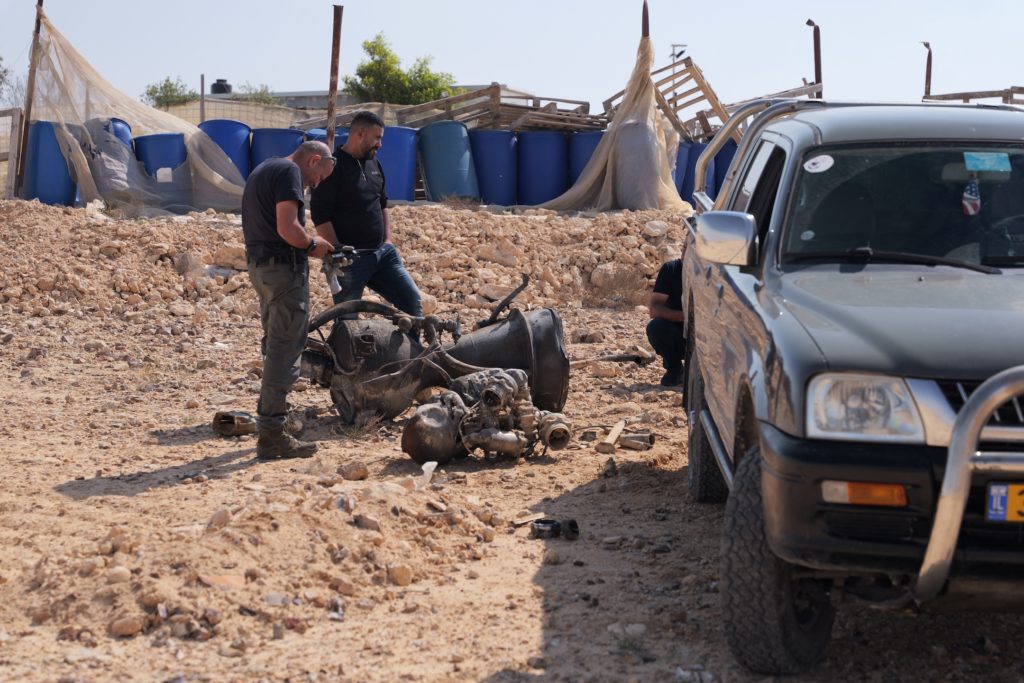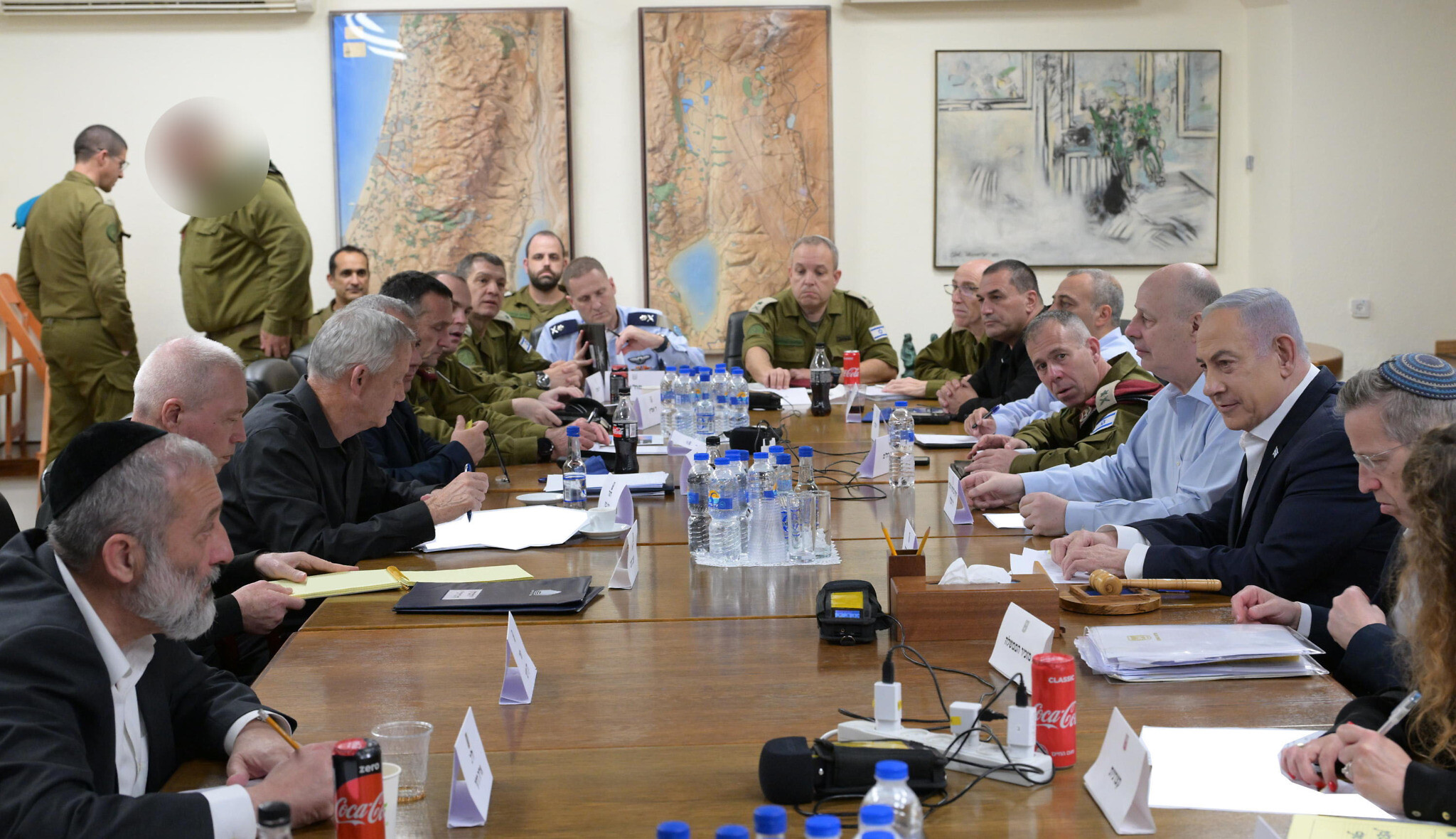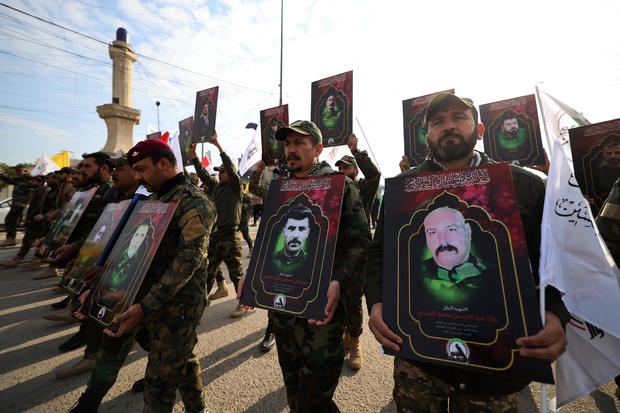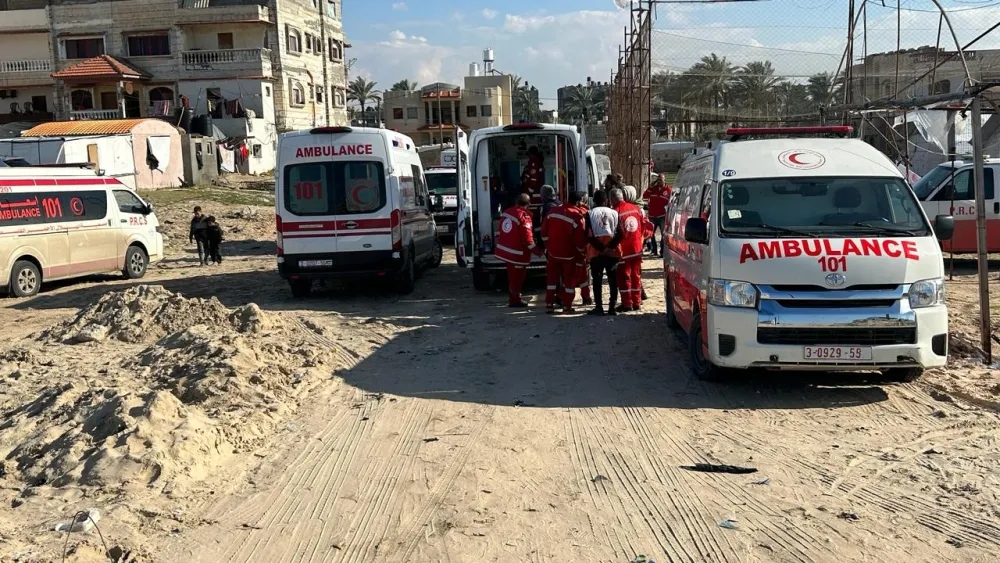Allies Urge Restraint as Israel Weighs Response to Iran's
Attack
Israel is under mounting pressure from its allies to
exercise restraint and prevent an escalation of conflict in the Middle East
following Iran's missile and drone attack over the weekend. Prime Minister
Benjamin Netanyahu convened his war cabinet for the second time in less than 24
hours to deliberate on a response, indicating that retaliation was not imminent
and that Israel would not act unilaterally. However, the outcome of the
discussions remained undisclosed at the time of reporting.
The attack by Iran has heightened fears of a full-scale war
between Israel and Iran, raising concerns about further violence spreading
across the region. President Joe Biden has conveyed to Netanyahu that the
United States will not participate in any Israeli counter-offensive against
Iran, underscoring a cautious approach to the situation.
Since the outbreak of the conflict in Gaza, clashes have
erupted between Israel and Iran-aligned groups in Lebanon, Syria, Yemen, and
Iraq. Israel reported that four of its soldiers were wounded inside Lebanese
territory, marking a significant incident amid ongoing tensions with Hezbollah.
International leaders, including Josep Borrell of the EU,
Emmanuel Macron of France, Olaf Scholz of Germany, and David Cameron of Britain,
have called for restraint, echoing similar sentiments expressed by Washington
and UN Secretary-General Antonio Guterres. Some countries, such as Belgium and
Germany, have summoned Iranian ambassadors in response to the attack.
While Russia refrained from publicly criticizing Iran,
Kremlin spokesman Dmitry Peskov expressed concern about the risk of escalation
and emphasized the importance of restraint to prevent further destabilization
in the region.
Iran's attack, which targeted Israel in retaliation for a
suspected Israeli airstrike on its embassy compound in Syria, resulted in
minimal damage and no casualties. Most of the incoming missiles and drones were
intercepted by Israel's Iron Dome defense system, with assistance from the
U.S., Britain, France, and Jordan.
Italy, holding the rotating presidency of the G7, suggested
the possibility of discussing new sanctions against Iran in response to the
attack. Italian Foreign Minister Antonio Tajani emphasized the need for
collective action focused on individuals involved in supporting terrorism
rather than targeting entire nations.
The attack disrupted travel, with several airlines canceling
or rerouting flights, and Europe's aviation regulator advising caution in
Israeli and Iranian airspace. Despite remaining on high alert, Israel lifted
some emergency measures, including restrictions on school activities and large
gatherings.
Iranian officials asserted that the attack was limited and
aimed at self-defense, with neighboring countries reportedly informed 72 hours
in advance. However, conflicting statements emerged regarding pre-arranged
agreements with other nations prior to the attack.
In Gaza, the attack received support from Hamas following
its conflict with Israel, which resulted in significant casualties and
displacement among Palestinians. While humanitarian aid has increased, many
Gazans remain displaced and unable to return home, expressing exhaustion and a
desire to rebuild their lives amidst ongoing tensions.










.jpg)